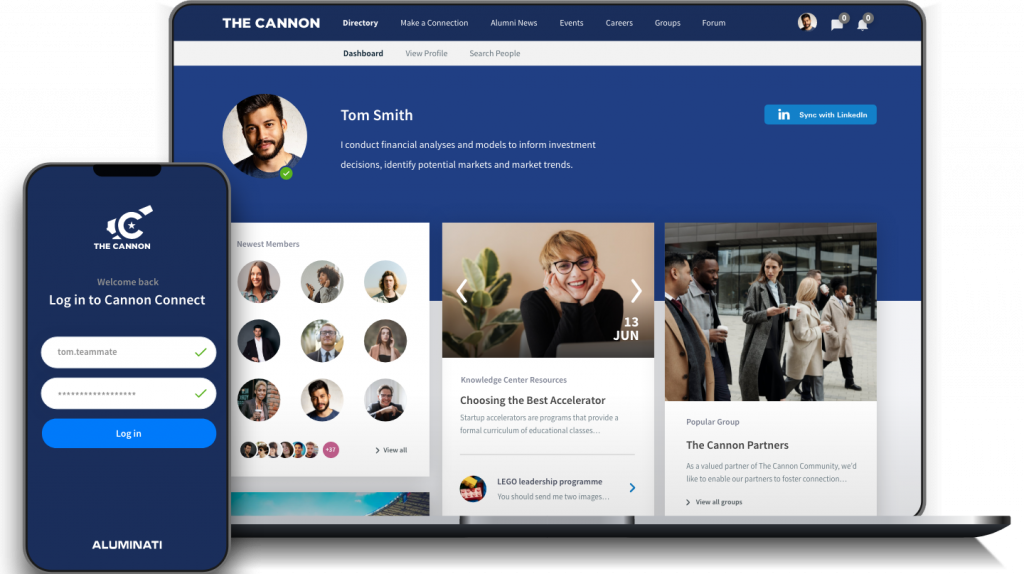Human Resources (HR) services can be challenging to get right. Recent HR statistics indicate many companies have too many people on their HR teams. However, 36% of HR leaders claim they don’t have the resources to recruit top talent. And 31% of HR leaders feel negatively about using AI to make hiring decisions.
So, what are HR services doing wrong? How can companies use fewer HR staff to achieve better results? This guide to HR services breaks HR down into its key components and benefits and will help you choose the HR tools that matter most.
What are HR services?
HR services are the activities that revolve around managing a company’s human resources — the workforce. Human resources are thus the processes that help businesses effectively manage their employees.
HR services include a wide range of activities and functions, from recruiting and screening, hiring (and firing), and training, to administering employee benefits, and much more. They cover multiple aspects of the entire employee lifecycle.
Key components of HR services
These are the key components of the services provided by an HR department.
Recruitment, staffing, and onboarding
HR professionals are responsible for many aspects of the workforce, starting with recruitment and staffing. It is up to your HR team to find the best talent for your most crucial job vacancies. Employee onboarding is an offshoot of this function that HR departments are typically tasked with.
Training and development
HR departments may offer new employee training and development for existing employees. Alternatively, they may outsource training sessions and development courses, but remain in charge of scheduling and implementing them.
Performance management
How can you know if employees are delivering their best work and reaching their full potential? Performance management, that’s how. It is the strategy that HR professionals use to align employee performance with the organization’s goals.

Compensation and benefits
HR services are also tasked with administering employee compensation and benefits. HR teams typically rely on specialized payroll and benefits admin software to fulfill this function.
Employee relations
HR services help manage employee relations by stepping in to resolve conflicts and address any concerns employees might have. They ensure everyone follows the rules and promote good communication between staff and management. They also offer training and support to keep the workplace positive and productive.
Compliance and legal issues
Human resource management also includes responsibility for regulatory compliance and handling legal issues within the company.
The benefits of HR services
What are HR services doing for your company? Effective HR management offers the following benefits:
Improving organizational efficiency and productivity
When HR processes are well managed, organizational efficiency and productivity skyrockets. Everything flows seamlessly, and it translates into a more successful business. This is true regardless of the company’s size or the number of employees.
Enhancing employee satisfaction and retention
Efficient human resource management enhances the employee experience, leading to greater employee satisfaction and engagement. And that, in turn, leads to increased employee retention. This means less recruitment costs, and a happier workforce all around.
Supporting strategic business goals
Every business has goals, both short and long-term. Some of these may be generic goals such as higher employee engagement levels, or a solution to employee turnover. Others may be unique to your business. An effective HR department will help the business reach these goals.
Choosing the right HR services for your business
Are you looking for the right HR tools and services for your business? These are the factors to consider when selecting HR service providers.

Evaluate your needs
First, evaluate your existing HR tools, and identify areas that need improvement. What are your must-have features? Every business is unique and faces unique HR challenges. Do you know what yours are? Once you have decided what you need most from HR services, it’s time to get what you need.
In a small business, it’s often easier to leave HR processes up to an outside agency. Human resources outsourcing services offer experts who take over HR functions like recruitment and hiring, payroll processing, administration of employee benefits, and regulatory compliance.
Do the research
Have you found what looks like the ideal HR services provider for your small business? Research their reputation first. Read reviews of their services. Check that they have the credentials they need to offer such services.
If you already have a great HR team, but they need some help, consider the tools that will make their job easier. Don’t forget that HR services cover many different functions. Would your HR needs best be met by an HR suite or a couple of standalone tools?
Do more with less
Sometimes the issue is not a lack of expertise or a lack of software. It’s the wrong type of software. That is why it is so important that the HR tools or services you choose align with your company culture and goals. But you don’t have to have multiple platforms for every single aspect of HR.
The trick is to do more with less. It’s relatively easy to find the right tools for payroll processing, benefits administration, and regulatory compliance. But when it comes to other aspects of HR services, like employee relations, employee engagement, or employee productivity, things get a bit more complicated.
Features that offer maximum HR value
You need an HR tool with features that offer maximum value. One that helps your organization’s human resource team build a more cohesive corporate community, facilitate employee relations, and boost employee performance.
This may seem like a tall order for just one HR tool. But you don’t have to resort to HR outsourcing to meet your need for these and many other HR services when you have Aluminate for Enterprise.

As the world’s most customizable online community platform, it can be adapted to suit any organization’s needs. Aluminate has features that are suitable for multiple HR processes. Here are a few examples:
- A digital dashboard that shows employees the content most relevant to them. HR can use it to post important announcements, share invitations, or engage employees with polls, surveys, and industry news.
- The Groups module allows HR to segregate employees according to departments, projects, or special needs/interests.
- A mentor-matching feature that employees can use as an employee self-service portal for accessing mentorship and guidance.
What’s more, the platform can be used for:
- Establishing an enterprise social network to engage employees and announce important HR activities.
- Establishing a thriving corporate alumni program. This will also increase the odds of boomerang hiring for more effective succession planning.
Aluminate will improve your HR services wherever you need it the most. All on one highly customizable, user-friendly, and cost-effective platform.
Streamline all your HR processes with Aluminate for Enterprise
An organization’s human resources services go beyond managing employee records or handling payroll and benefits. While these administrative tasks are essential to your business, you must look for tools that simplify your HR processes while offering extra value.
Aluminate for Enterprise is ideal for use as an HR service delivery platform, helping HR support employees on multiple levels. But it can also be used as an enterprise social network, or for managing an alumni. This versatility makes Aluminate an essential tool for any workplace.
Request a demo today, and see what it can do for your organization.





